Forward-looking and backward-looking refer to two vastly different approaches to developing industry standards for technology.
Projecting the Future
Forward-looking standards, also known as anticipatory standards, are designed to shape and guide the future development of technologies. These standards are proactive, aiming to establish a framework for emerging technologies or new areas of innovation. Such standards often involve foreseeing future needs, challenges, and opportunities—creating a foundation for interoperability, compatibility, and harmonization in advance. They are generally visionary, offering increased flexibility, scalability, and adaptability.
The Humainary project can be seen as the beginning of such a future-ready forward-looking standard for observability. It aims to simplify the development of novel instruments and observers radically, unifying the exchange of events both locally and remotely.
Preserving the Past
Backward-looking standards, referred to as retrospective standards, are developed based on existing technologies, practices, or solutions that have already gained significant market adoption or widespread use. Such standards are reactive, intending to codify and standardize what has worked in large part in the past across a broader base for the immediate future. The focus is to eliminate product variations now that the market is stable and monopolized, with innovation stagnated—ensuring the past keeps working.
The OpenTelemetry project is the poster child of a backward-looking standard in standardizing client interfacing with yesteryear monitoring technologies such as distributed tracing, metrics, and logging promoted heavily by a few market-dominating vendors.
Other backward-looking observability projects that never reached a standard include OpenTracing, OpenCensus, and Micrometer. The first two projects listed have been in the Sunset Club for some time now. The last one, the Micrometer project, well no one knows why it ever needed to exist and still exists, beyond being a warning for all not to develop something new with no new ideas.
